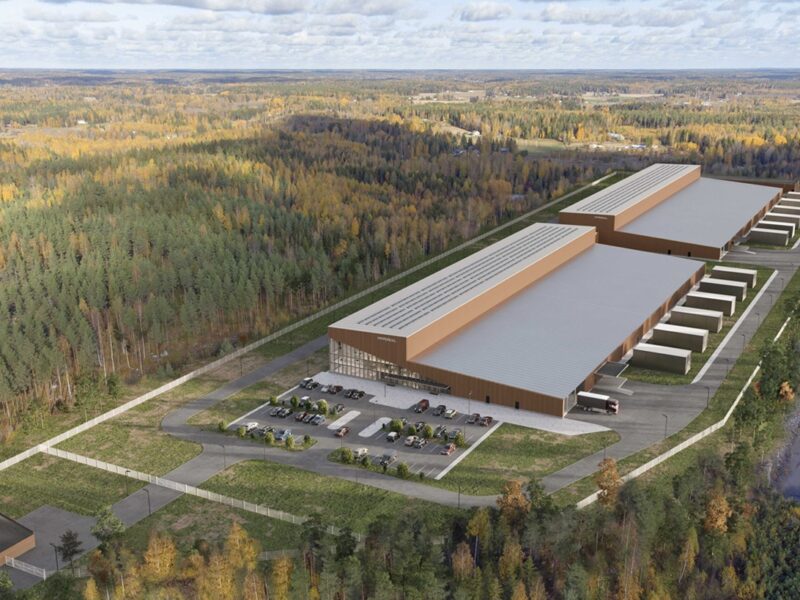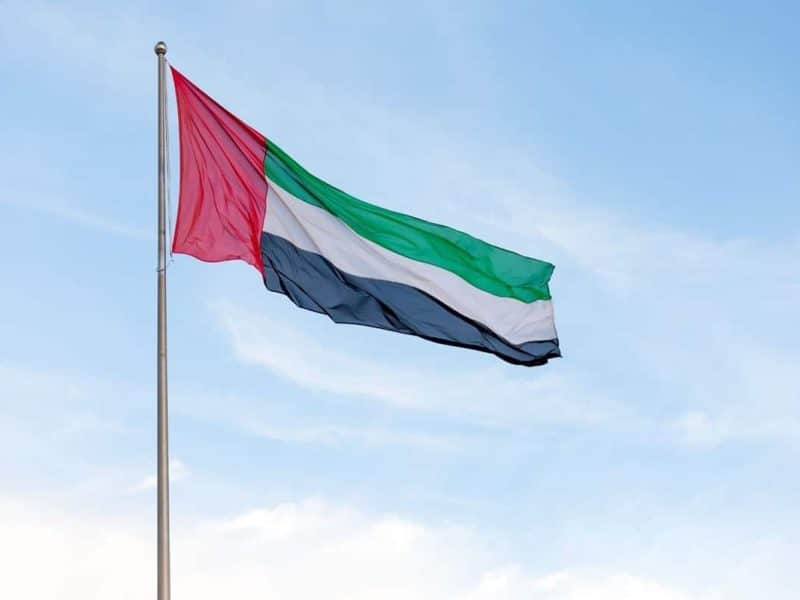Amid the mad rush for acquiring the coveted unicorn status, one UAE-based start-up is doing something unique – building a global business from day one of its operations, sitting quietly in a not-so-glitzy office in Dubai.
The UAE fintech start-up, Xare, has already created a vast global footprint, with more than 500,000 users across 120 countries within six months of its launch in January this year.
As for the financial numbers, Xare, which operates a technology platform enabling ‘shared spending’ among families and friends of its customers across borders and within same geographies, has notched up transactions to the tune of $50 million in the first six months of its launch, and is targeting to take it to $500m by the end of this year.
“The Xare app was in the top five in seven different countries since launch – which is a rarity – it never happens in the financial technology segment. Fintech apps are mostly single market [in the beginning], and therefore for us to be in the top five across so many countries in such a short span is amazing,” Milind Singh, co-founder of Xare, told Arabian Business.
Singh also explained how it was possible for a Middle East start-up to aim to build a global business from the start, which is perceived to be a very tough task for even a high pedigree Silicon Valley venture.
 Milind Singh, co-founder of Xare.
Milind Singh, co-founder of Xare.
“In fact, building a global product is somewhat easier from the UAE, which is a home to so many people from so many different countries. The fact that migrants from all over the world come and live and work here, makes it easier for us to attract customers in multiple markets,” he said.
“When we get a customer in the UAE who is from India and shares [his or her debit or credit card] through our platform with their family in India, in effect it amounts to Xare getting customers simultaneously both in the UAE and India.
“And when the migrant goes to work and tells his or her colleagues – who happen to be from, say, Kenya, Bangladesh, Pakistan or Philippines – about our service, we get customers in the UAE and also customers in all these markets, which is why somehow this [building a global business from the UAE] is a bit easier,” Singh revealed.
However, he said simultaneous customer acquisition in multiple markets is only part of the still unfolding success story of Xare.
“The crucial factor of our success lies in our ability and technological capability to achieve faster localisation in all these countries, including having multi-lingual customer service centres in these markets,” said Singh, who has a background in consulting with some of the global advisory firms.
“How each of these is a building block that makes a difference,” he said.
As for the business model of the venture, customers are required to just add a debit or credit card to the Xare platform.
For instance, a migrant customer in the UAE adds his or her debit card, which has AED5,000 in it. The Xare app uses its technology to share that card with customer’s family members or friends in his or her home country, enabling them to shop using the app. When a transaction happens, the UAE customer’s card gets charged directly.
Singh said Xare was launched as an extension of their first venture – Rise – in the UAE in 2017, to help the unbanked migrants open bank accounts in the country.
“An estimated 51 percent of migrants in the UAE earn a monthly income below AED2,500 and another 17 percent earn below AED5,000. A large majority of them did not have even a basic bank account and we helped them to open bank accounts in the UAE,” Singh said.
“Next, we wanted to use technology to help these migrant communities to share money with their families and friends back home and that is how we hit upon the idea of ‘shared spending’ since studies showed that almost 80-90 percent of the remittances are used for purchases,” Singh said.
Singh also revealed that Xare is set to expand its technology platform to launch more products in the financial services sector.
 An estimated 51 percent of migrants in the UAE earn a monthly income below AED2,500 and another 17 percent earn below AED5,000.
An estimated 51 percent of migrants in the UAE earn a monthly income below AED2,500 and another 17 percent earn below AED5,000.
“Next in line will be for ‘shared credit limit’, which could enable a migrant in the UAE or a resident who stays in a different city from his family members to share his credit line – loan from a bank or non-banking finance company (NBFC) – with his family members to make purchases.
“For instance, if a migrant labourer in the UAE hailing from Uttar Pradesh in India wants to buy a laptop for his or her child back home, he can get a loan from a bank or NBFC in the UAE and can share it with the family back home,” Singh said.
Singh said non-resident citizens have no access to unsecured loans or many other financial products in many countries, and Xare is working to redress this issue, using technology.
“We are still scratching the surface only and our business has huge potential to scale up globally,” Singh said.









